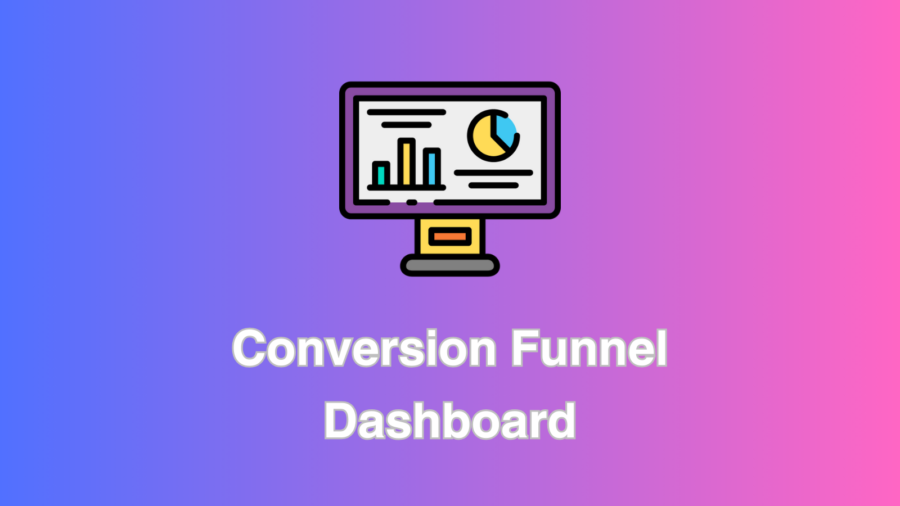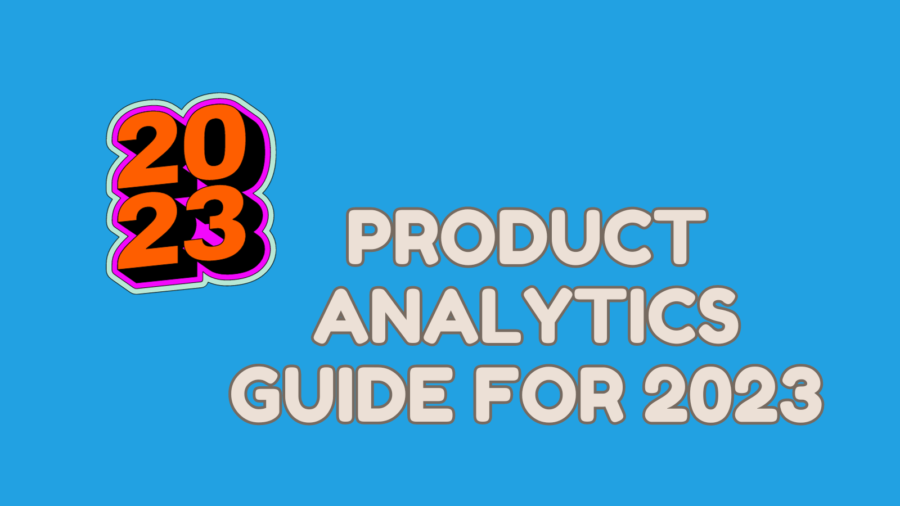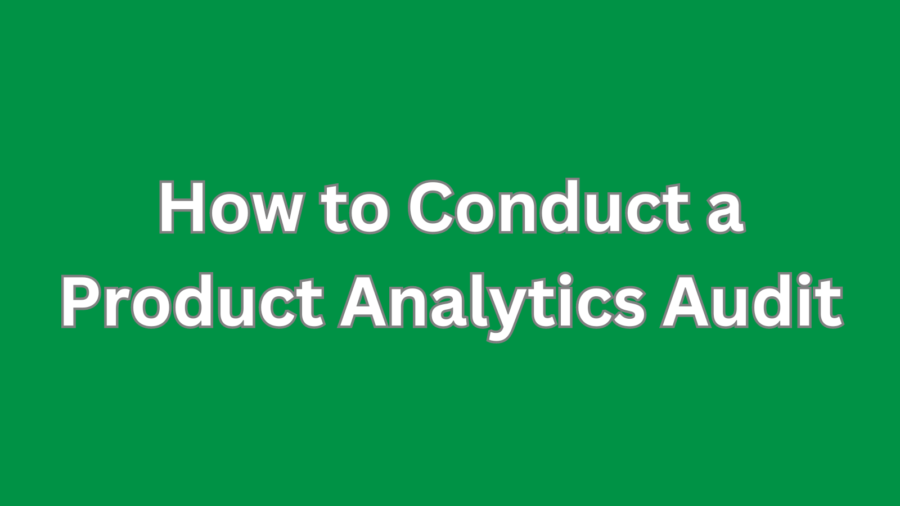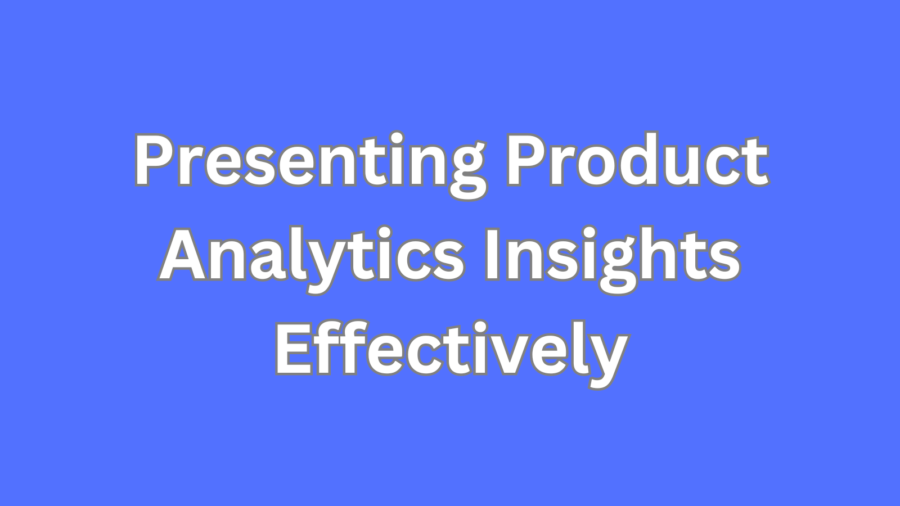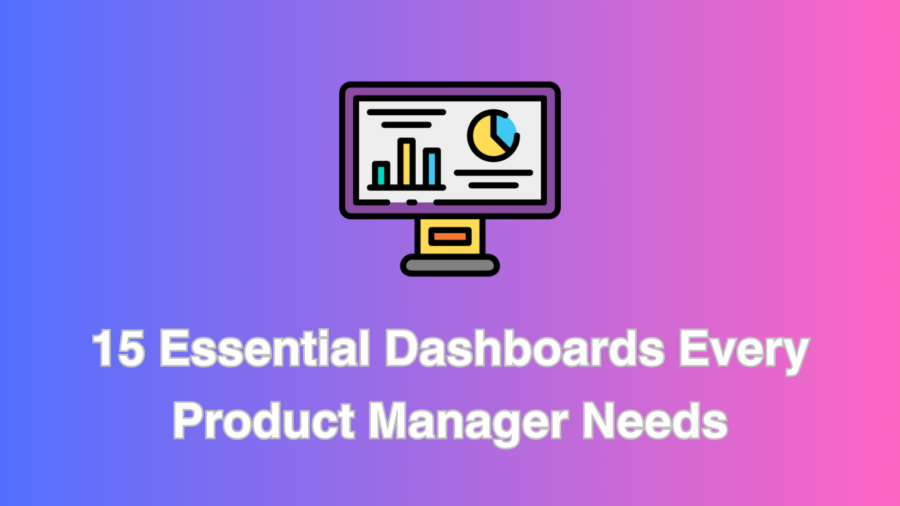Understanding and optimizing the customer journey is paramount for businesses seeking to maximize their online presence and drive conversions. The Conversion Funnel Dashboard is an invaluable tool that empowers product managers with actionable insights. This robust dashboard serves as a strategic compass, guiding businesses through the intricate paths of customer interaction and facilitating data-driven decision-making.
Understanding the Conversion Funnel Dashboard
A Conversion Funnel Dashboard is a visual representation of a user’s various stages on their journey, from initial awareness to making a purchase or completing a desired action. Each stage represents a critical point in the customer’s decision-making process, and the dashboard provides a comprehensive overview of conversion rates at each step. By tracking user behavior, the dashboard enables product managers to identify potential bottlenecks and areas for improvement in the customer journey.
Creating a Conversion Funnel Dashboard: Step-by-Step Guide
- Define Your Conversion Goals
Begin by clearly defining the desired actions or milestones you want users to achieve, such as purchasing, signing up for a newsletter, or downloading a resource. These goals will serve as the foundation for your conversion funnel.
- Identify Key Conversion Funnel Stages
Break down the user journey into distinct stages, aligning with your defined goals. Common stages include Awareness, Interest, Consideration, Intent, and Conversion. Tailor these stages to match the specific attributes of your business and target audience.
- Choose Appropriate Metrics for Each Stage
Determine the key performance indicators (KPIs) that best measure user progression through each funnel stage. These may include click-through rates, engagement metrics, and conversion rates. Selecting relevant metrics ensures the dashboard provides meaningful insights aligned with your business objectives.
- Select a Suitable Analytics Platform
Choose an analytics platform that aligns with your business needs and integrates seamlessly with your website or application. Popular choices include Google Analytics, Mixpanel, or custom-built solutions. Ensure that the platform allows for easy data tracking and visualization at each conversion funnel stage.
- Set Up Event Tracking and Funnel Configuration
Implement event tracking to monitor user interactions at each stage of the funnel. Define events such as clicks, form submissions, or page views that signify progression. Configure the conversion funnel within your analytics platform, specifying each stage’s sequence of events.
- Design a Visual Dashboard Layout
Craft a visually intuitive dashboard layout that provides a clear and concise overview of your conversion funnel. Use charts, graphs, and visual elements to represent data effectively. The dashboard should be user-friendly and accessible, allowing product managers to grasp the performance of each stage quickly.
- Implement Automation for Real-Time Updates
Enable real-time data updates to ensure the Conversion Funnel Dashboard reflects the latest user interactions. Automation streamlines the monitoring process, allowing product managers to stay informed about changes and respond promptly to emerging trends or challenges.
Unlocking Insights for Product Managers
Once the Conversion Funnel Dashboard is in place, product managers can leverage its insights to inform strategic decisions and optimize the customer journey.
Enhancing User Experience
Product managers can pinpoint areas where users may drop off or encounter obstacles by analyzing the Conversion Funnel Dashboard. This granular understanding enables targeted improvements to enhance overall user experience, potentially leading to increased conversion rates.
Identifying High-Impact Marketing Channels
The dashboard allows product managers to evaluate the effectiveness of various marketing channels at each funnel stage. This insight helps allocate resources more efficiently, focusing on channels that drive the highest conversion rates and optimizing campaigns for maximum impact.
Tailoring Content Strategies
Understanding user behavior at different funnel stages provides valuable insights into content preferences. Product managers can refine content strategies to align with audience interests, creating more engaging and persuasive messaging that guides users through the conversion journey.
A/B Testing and Continuous Optimization
Conversion Funnel Dashboards facilitate A/B testing by providing a clear framework for evaluating the impact of changes at each stage. Product managers can experiment with different elements such as calls-to-action, page layouts, or promotional offers, and monitor the dashboard for real-time feedback on performance.
Real-world Examples
Let’s explore a hypothetical scenario to illustrate the practical application of a Conversion Funnel Dashboard.
Imagine an e-commerce website that wants to increase online purchases. The Conversion Funnel Dashboard reveals a significant drop-off in the consideration stage, indicating that users hesitate to purchase. The product manager identifies that the product description pages lack essential information through detailed analysis.
In response, the product manager enhances the product pages with detailed specifications, customer reviews, and a prominent call-to-action. The impact is tracked in real time through the Conversion Funnel Dashboard, revealing an uptick in user progression from consideration to conversion. This iterative process of analysis, action, and measurement exemplifies the power of Conversion Funnel Dashboards in driving tangible results.
Conclusion
The Conversion Funnel Dashboard is a beacon in the ever-evolving digital business landscape, guiding product managers toward a deeper understanding of user behavior and facilitating strategic decision-making. By implementing this powerful tool, businesses can unravel the complexities of the customer journey, optimize their online presence, and ultimately drive meaningful conversions. Embrace the insights the Conversion Funnel Dashboard provides, and empower your business to thrive in the competitive realm of digital commerce.

